CBN’s N1.3trn interventions saved power sector from collapse – Experts
But for the timely financial interventions by the Central Bank of Nigeria (CBN) worth over N1.3 trillion, the Nigerian power would have collapsed due to illiquidity, experts have said.
The power sector which was partly privatized eight years ago has struggled financially due to poor performance, suppressed tariff and lack of infrastructure at the transmission and distribution ends.
According to industry data, financial liquidity in the power sector has risen to around N4 trillion as the apex bank alongside the Federal Government had to initiate series of interventions to enable the sector avoid imminent collapse.
The CBN had launched the Power and Aviation Intervention Fund (PAIF), hovering at about N300 billion, Nigerian Electricity Market Stabilisation Facility (NEMSF) at about N213 billion, N140 billion Solar Connection Intervention Facility, over N600 billion tariff shortfall intervention as well as a recent N120 billion intervention designed for mass metering among others.
The Federal Government had similarly released N600 billion for the power sector to bridge shortfall in the payment of monthly invoices by key stakeholders in the sector with another N701 billion CBN facility deployed in March 2017 as Power Assurance Guarantee.
Last year CBN directed Deposit Money Banks to take charge of the collection of electricity bill payments. A circular signed by Hassan Bello, director of banking supervision had linked the move to the recommendation of the Power Sector Coordination Working Group to improve payment discipline in the Nigerian Electricity Supply Industry (NESI).
Speaking on the precarious financial situation in the sector, former Chairman of the Nigeria Electricity Regulatory Commission (NERC), Dr. Sam Amadi said the intervention remained critical noted that the commission was relevant to the success of the financial intervention.
He however expressed concerns that “We are not hearing about all the monies from the regulator and that is worrisome. It is the regulator who should be speaking about funding for the sector because it has the capacity to regulate expenditure and ensure it goes to what is relevant and prudent”.
Amadi added: “I support the funding for meters, but I doubt if it will solve the problem because the DisCos will use the fund to largely replace bad meters and control revenue loss. But the rebate of unmetered customers will remain high and undermine any movement to cost reflective tariff.”
On his part, an expert at PWC, Habeeb Jaiyeola noted that the interventions by government to keep the sector afloat remained necessary, stressing that the move has yielded necessary benefits.
Jaiyeola added that the interventions were not unexpected for an industry that’s still growing, noting that the situation remained the same in most developed countries.
However, Jaiyeola said there was need for the industry to outgrow consistent support, stressing that the earlier that happen the better it is for government to pump resources into other critical sectors of the economy.
“With the intervention, we are seeing more progress, there is expansion and Nigerians are getting to better understand what the intricacies are,” Jaiyeola said.
According to him, the CBN intervention remains a positive tool for the development of the sector, adding that the payback has to be enforced to ensure the fund remains available for further critical interventions.
Also speaking, energy lawyer, Madaki Ameh, called for a review of the licences granted to electricity generation and distribution companies given the financial state of the sector.
He noted that continuous interventions could make it impossible for the privatization of the power sector to take off effectively.
“The real issue is that the new owners of the GenCos and DisCos have little or no experience in running the power sector and they have also not invested sufficiently in the sector to warrant being handed the companies to run.
“And because they are aware of the critical nature of power to the Nigerian economy, they are obviously blackmailing the government into providing them subsidies where none is required”, he added.
Vanguard
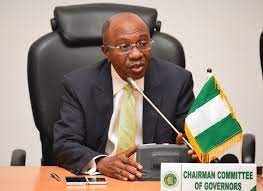

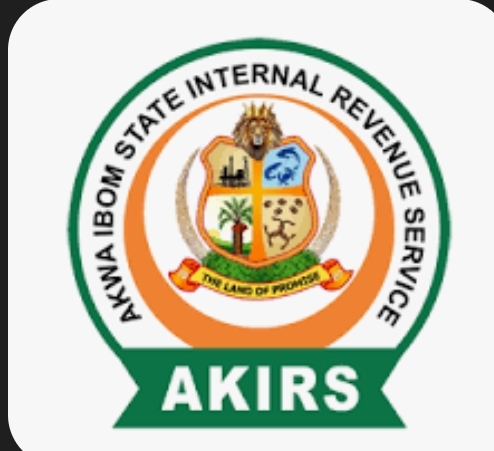
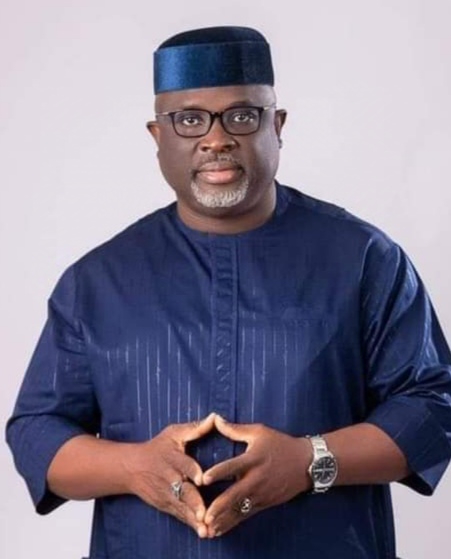
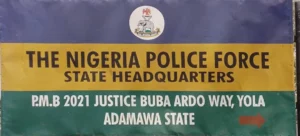
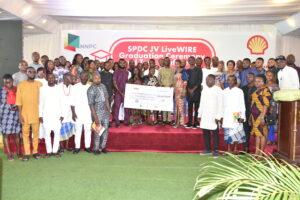






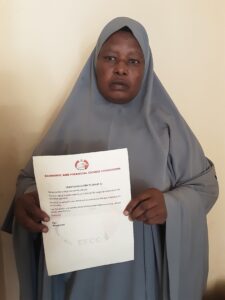
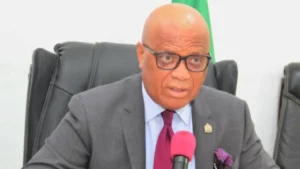
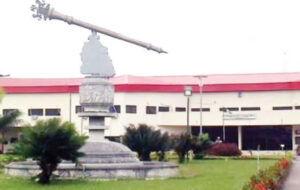
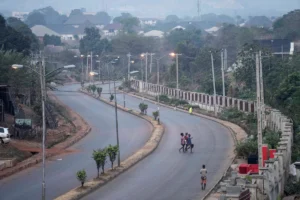
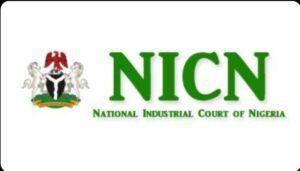



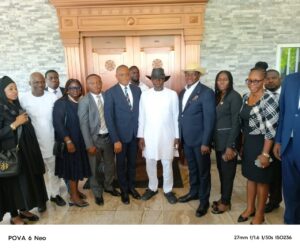
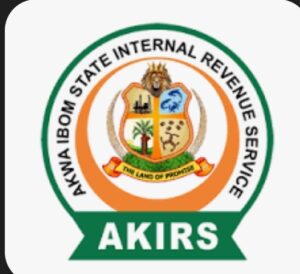
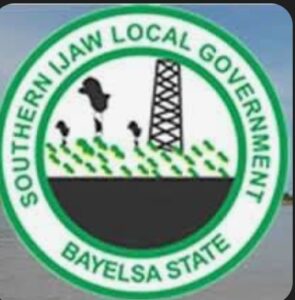

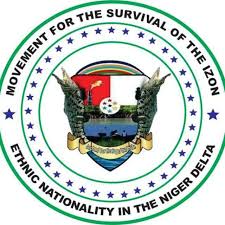


Post Comment